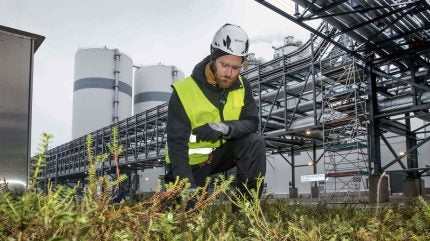
Finland-based Metsä Group, the operator of paper and pulp company Metsä Board, has set a goal to improve the state of nature in its operations by 2030.
Regenerative land use principles will guide the future implementation of biodiversity plans at all Metsä Group’s 25 mill sites. The mills produce paper and paperboard for consumer goods, retail and foodservice packaging applications.

Discover B2B Marketing That Performs
Combine business intelligence and editorial excellence to reach engaged professionals across 36 leading media platforms.
As a large and regionally significant company, Metsä Group wants to set an example in terms of nature solutions in the built environment. The aim is to integrate biodiversity development into operations and reporting at its mill sites and work with an extensive network of partners to develop internationally accepted design principles.
A pilot phase of regenerative land use was launched in 2023 at Metsä Group’s bioproduct mill and paperboard mill in Kemi. The Kemi planning area covers more than 600 hectares, of which around half is a closed mill site and half is company-owned land. The establishment of meadows, chains and sunlit areas, which started last year, will continue in 2024.
12 hectares of these open habitats have been created so far using only local species instead of grassland. The cultivation material consists of seeds of more than 100 species collected from local populations of plant species in the vicinity of Kemi.
Metsä Group’s key partner is the Wild Zone Association, which specialises in biodiversity expertise in the built environment.

US Tariffs are shifting - will you react or anticipate?
Don’t let policy changes catch you off guard. Stay proactive with real-time data and expert analysis.
By GlobalDataThe company is also implementing regenerative forestry principles, focussing on enhancing the state of nature in commercial forests used for paper and wood production.
Metsä Group leading nature expert Timo Lehesvirta commented: “Nature solutions in industrial and urban environments support Finland’s national biodiversity targets while creating a healthier, safer and more comfortable everyday environment for residents.”





